 Puccini was born in Lucca, Italy into a family with a long history of music. After the death of his father when he was only five years old, he was sent to study with his uncle Fortunato Magi, who considered him to be a poor and undisciplined student. Later, he took the position of church organist, but it was not until he saw a performance of Verdi‘s Aida that he became inspired to be an opera composer.
Puccini was born in Lucca, Italy into a family with a long history of music. After the death of his father when he was only five years old, he was sent to study with his uncle Fortunato Magi, who considered him to be a poor and undisciplined student. Later, he took the position of church organist, but it was not until he saw a performance of Verdi‘s Aida that he became inspired to be an opera composer.
In 1880, the Messa di Gloria (Glory Mass), composed at the age of 22, marked the end of Puccini’s apprenticeship as a composer and the culmination of his family’s long association with church music in his native Lucca. The work offers fascinating glimpses of the dramatic power that Puccini was soon to unleash on Milan’s stages. The orchestration and the overall feeling of drama conveyed by his music establish a dialogue with Verdi’s Requiemand perhaps already constitute a prediction of the future operatic career Puccini would embrace for life.
From 1880 to 1883 he studied at the Milan Conservatory under Amilcare Ponchielli and Antonio Bazzini. In 1882, Puccini entered a competition for a one-act opera. Although he did not win, Le Villi was later staged in 1884 at the Teatro dal Verme; it also caught the attention of the publisher Giulio Ricordi who commissioned a second opera (Edgar).
Not only was Manon Lescaut, his third opera, a great success, it also begin his relationship with the librettests Luigi Illica and Giuseppe Giacosa, who worked with him on his next three operas. The first of these, La Bohème(based on a story by Henry Murger), is considered one of his best works, as well as one of the most romantic operas ever composed. His next opera, Tosca, was Puccini’s first foray into verismo. Madame Butterfly (based on a play by David Belasco) was greeted with great hostility at its opening (mostly orchestrated by his rivals), but after some reworking it has become another of his most successful operas.
Composition was slow after this. In 1903 he was injured in an automobile accident. In 1906 Giacosa died. In 1909, there was scandal after their maid was falsely accused by Puccini’s wife of having an affair with Puccini and then committed suicide. And in 1912, Puccini’s editor, Ricordi, died.
In 1918, Il Trittico premiered. This work is composed of three one-act operas in the style of the Parisian Grand Guignol: a horrific episode (Il Tabarro), a sentimental tragedy (Suor Angelica) and a comedy or farce (Gianni Schicchi). Of the three, Gianni Schicchi is the most popular and Il Tabarro the least. Schicchi is sometimes performed as a double-bill with a one act opera such as Cavalleria Rusticana or I Pagliacci.
Puccini died in Brussels, Belgium in 1924 from complications due to treatment for throat cancer. Turandot, his last opera was left unfinished; the last two scenes were completed by Franco Alfano. In 2001 a new completion of the final scenes was made by Luciano Berio.


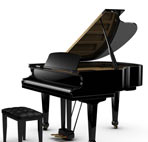
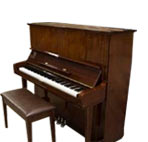
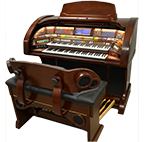
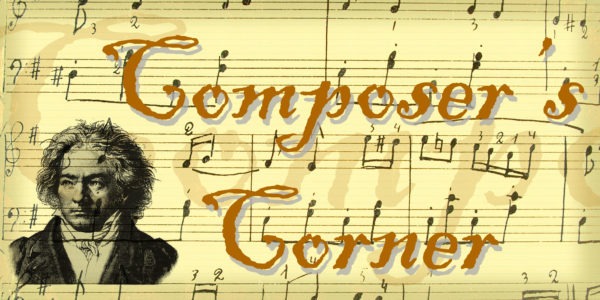

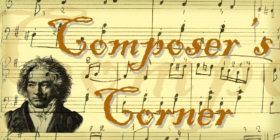
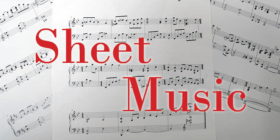
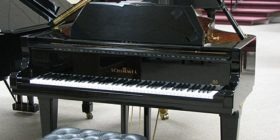

Leave a reply